Swiss glaciers melt faster than expected
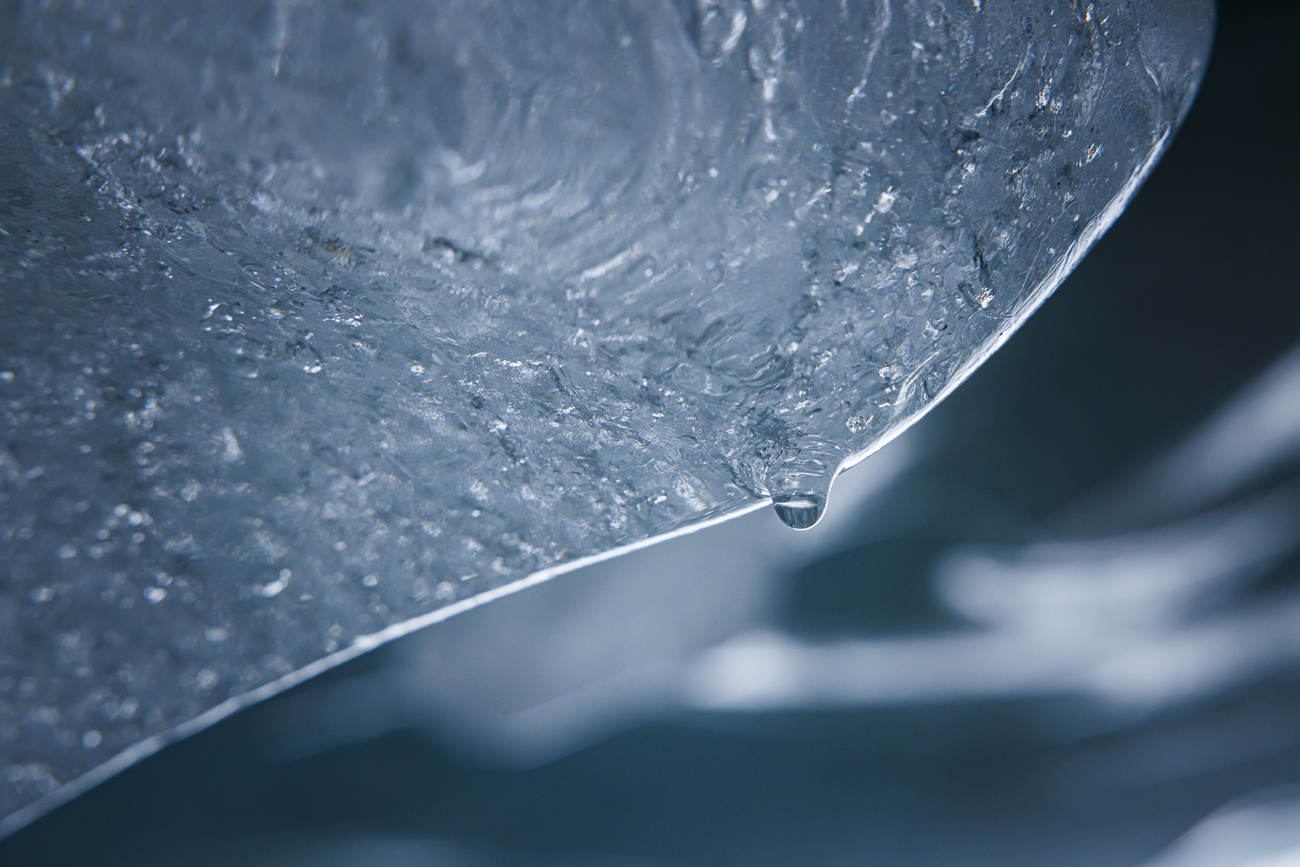
Switzerland's glaciers lost 10% of their ice volume over the past two years after high summer temperatures and low snow volumes in winter, new figures reveal.
The volume of glaciers in Switzerland is decreasing every year – and faster than expected. Last year the glaciers in Switzerland lost 6% of their volume; this year it is 4%. This is the second biggest decline since measurements began.
In all, 10% of Swiss glaciers’ ice volume disappeared over the past two years, the Swiss Commission for Cryosphere Observation of the Swiss Academy of Natural Sciences reported on Thursday.
The same amount of ice melted in 2022-2023 as during the 1960-1990 period. Two years in a row of extreme melting have led to the disintegration of glacier tongues and the disappearance of many small glaciers. For example, the measurements at St Annafirn glacier in canton Uri have had to be stopped.
+ Why melting glaciers affect us all
The reason for the massive ice loss is low snowfall in winter and high temperatures in summer. This has affected glaciers across Switzerland. In the south and east of the country, the glaciers melted this year at almost the same rate as in the record year of 2022.
In canton Valais and the Engadin region in southeast Switzerland, glaciers lost several metres of ice thickness at over 3,200 metres, previously an altitude where they were still in equilibrium until recently. The average loss of ice was three metres, for example at the Gries glacier in canton Valais. This is well above the values for the hot summer of 2003.
The situation between the Bernese Oberland and Valais is slightly less dramatic. For example, at the Aletsch glacier there was slightly more snow last winter, but on average the glacier lost over two metres of ice thickness.
+ For Swiss glaciers, 2022 was a ‘disastrous’ year
Significantly less snow in winter
In winter 2022-2023 there was hardly any precipitation on both sides of the Alps, and it was very warm. As a result, there was significantly less snow than usual at all measuring stations. Above 1,000 metres, the conditions in February and the beginning of March were exceptional. During the first half of February, the snow depths measured were just above the low-snow winters of 1964, 1990 or 2007.
In the second half of February, snow depths fell to new minimum records and were only around 30% the long-term average. Even above 2,000 metres, over half of the automatic measuring stations recorded less snow than the past 25 years.
In spring the situation temporarily returned to normal. But the dry and very warm June meant that the snow melted two to four weeks earlier than usual. The third warmest summer since measurements began and a record-high zero temperature limit until September caused isolated summer snowfalls to melt quickly and scarcely protect the glaciers.
This news story has been written and carefully fact-checked by an external editorial team. At SWI swissinfo.ch we select the most relevant news for an international audience and use automatic translation tools such as DeepL to translate it into English. Providing you with automatically translated news gives us the time to write more in-depth articles. You can find them here.
If you want to know more about how we work, have a look here, and if you have feedback on this news story please write to english@swissinfo.ch.

In compliance with the JTI standards
More: SWI swissinfo.ch certified by the Journalism Trust Initiative








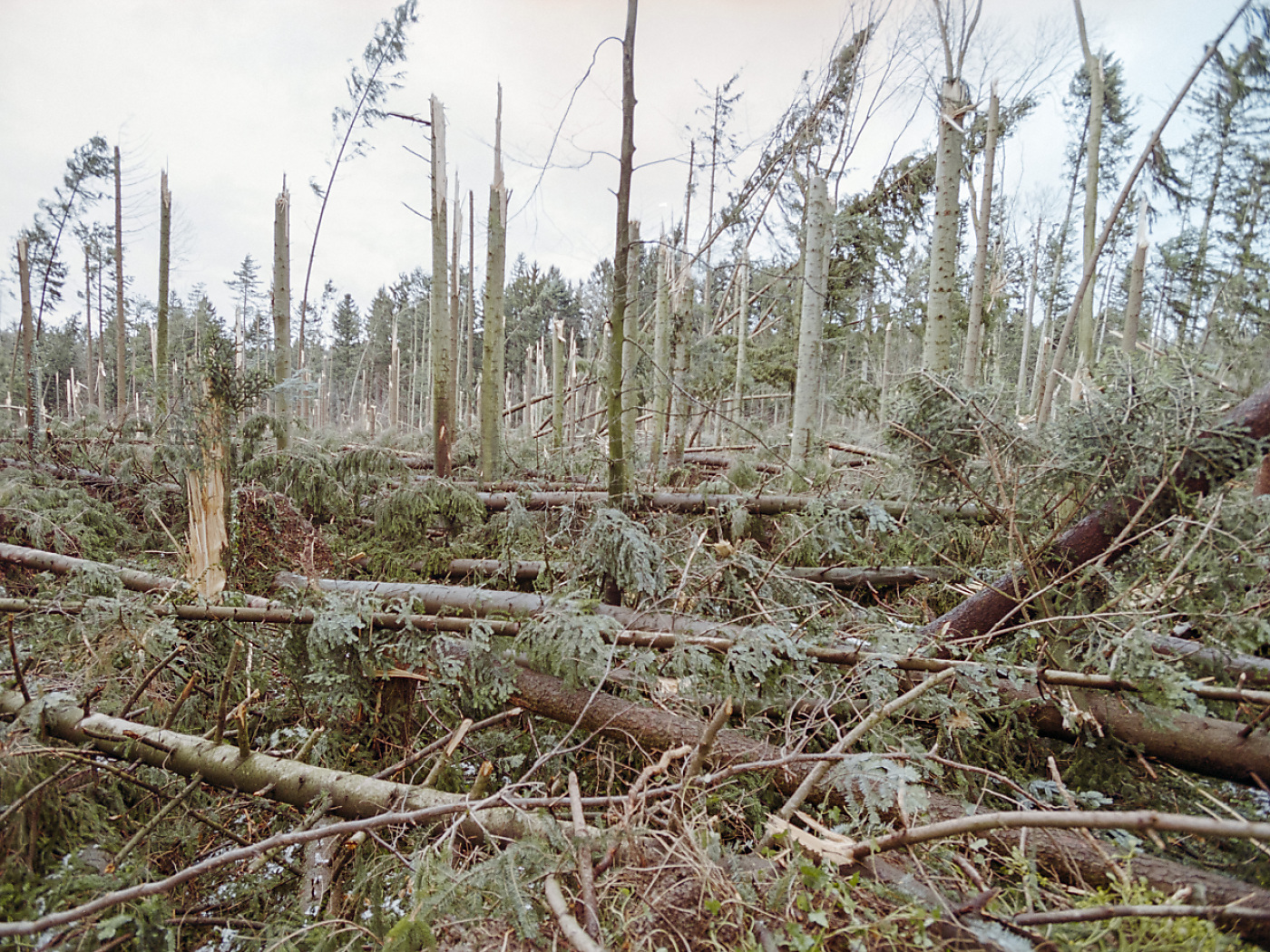
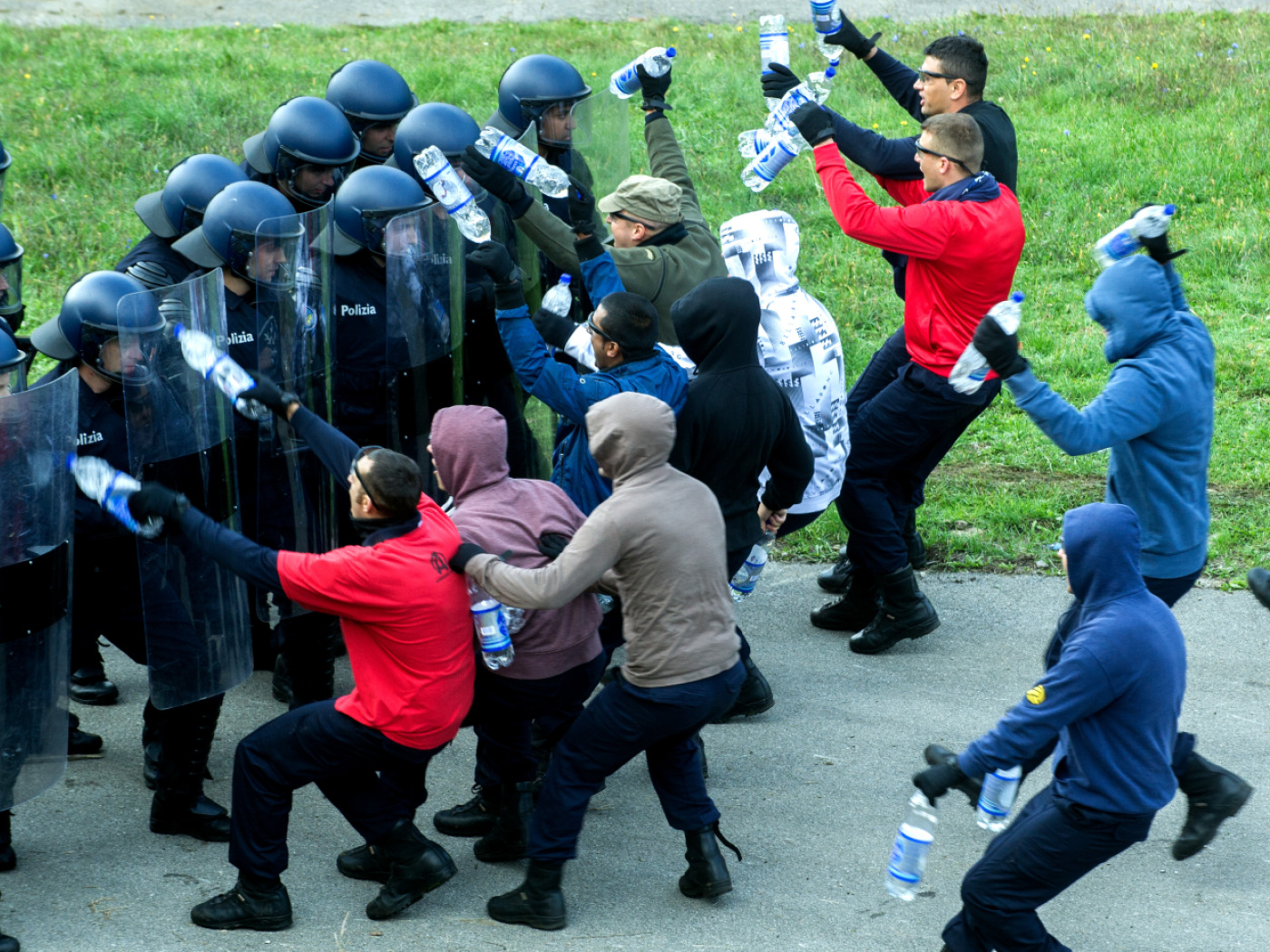





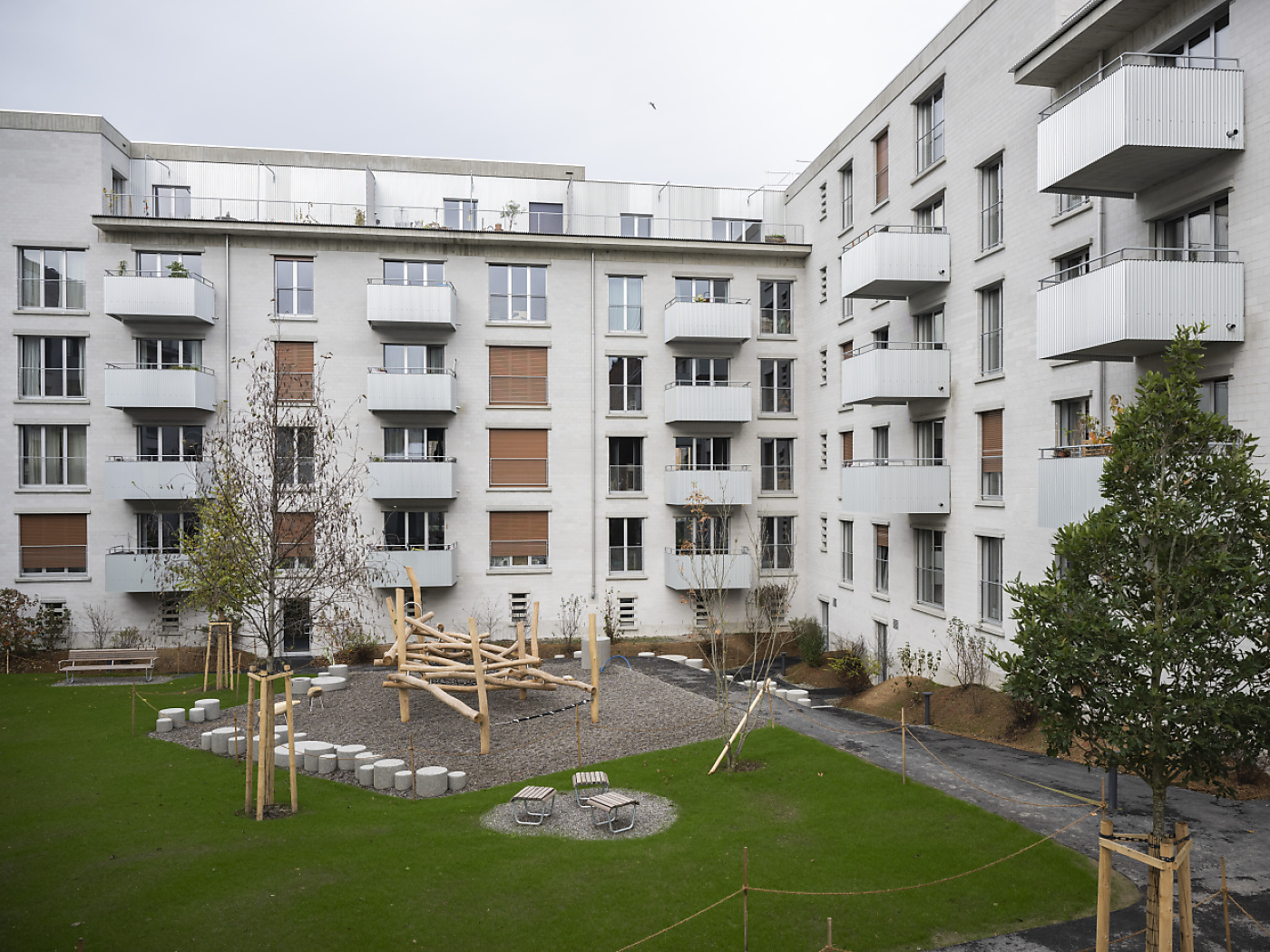
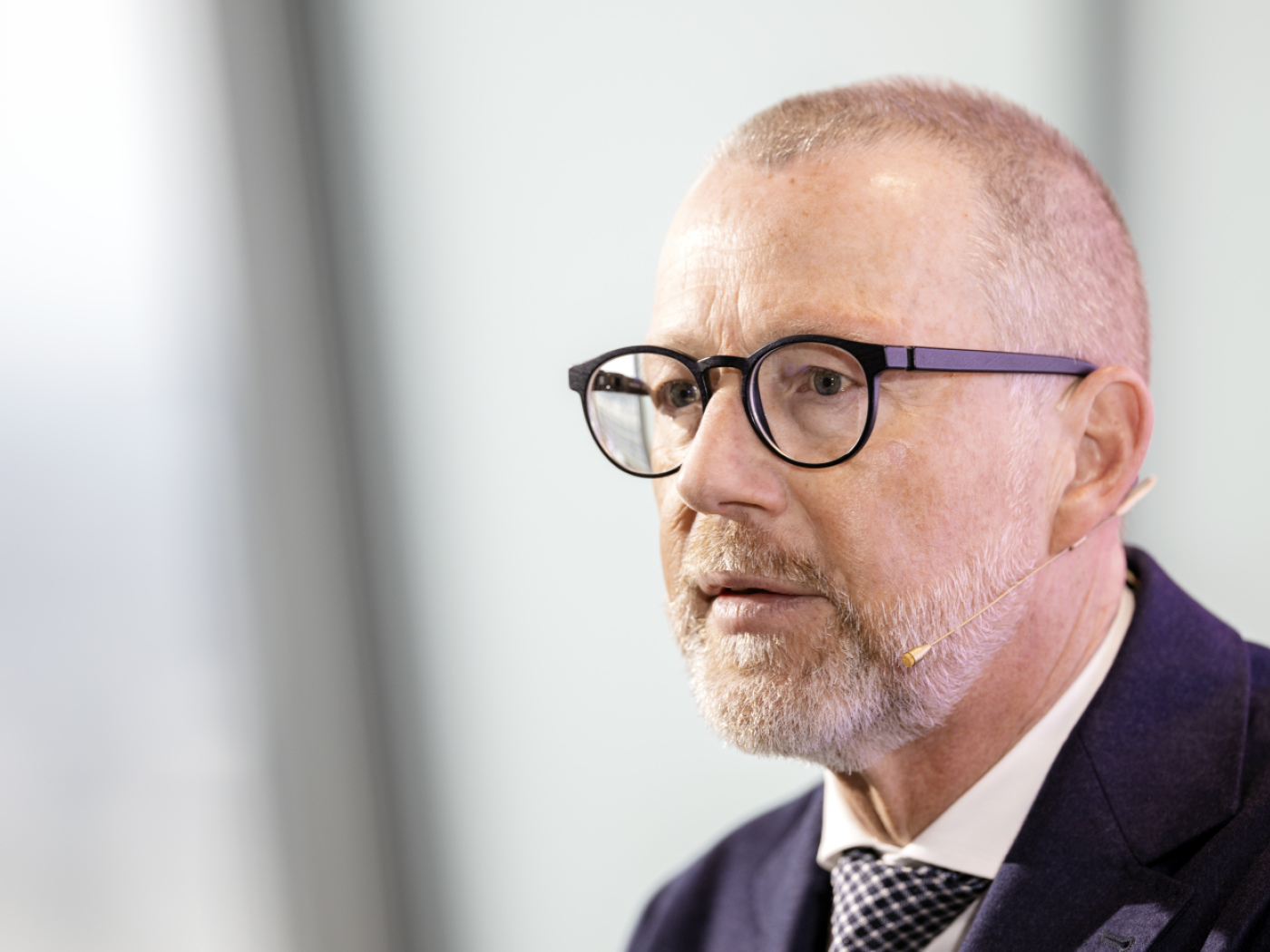


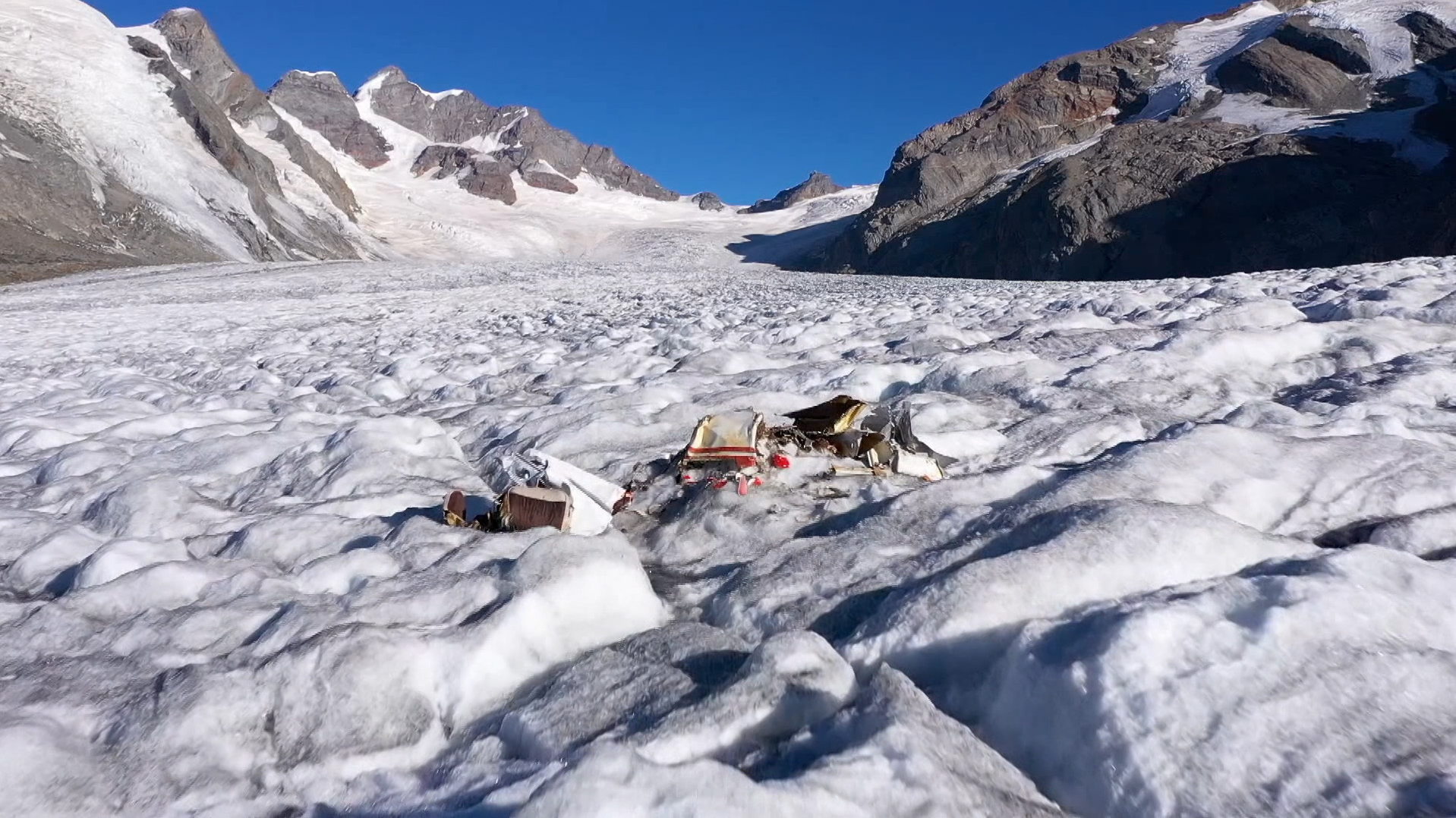
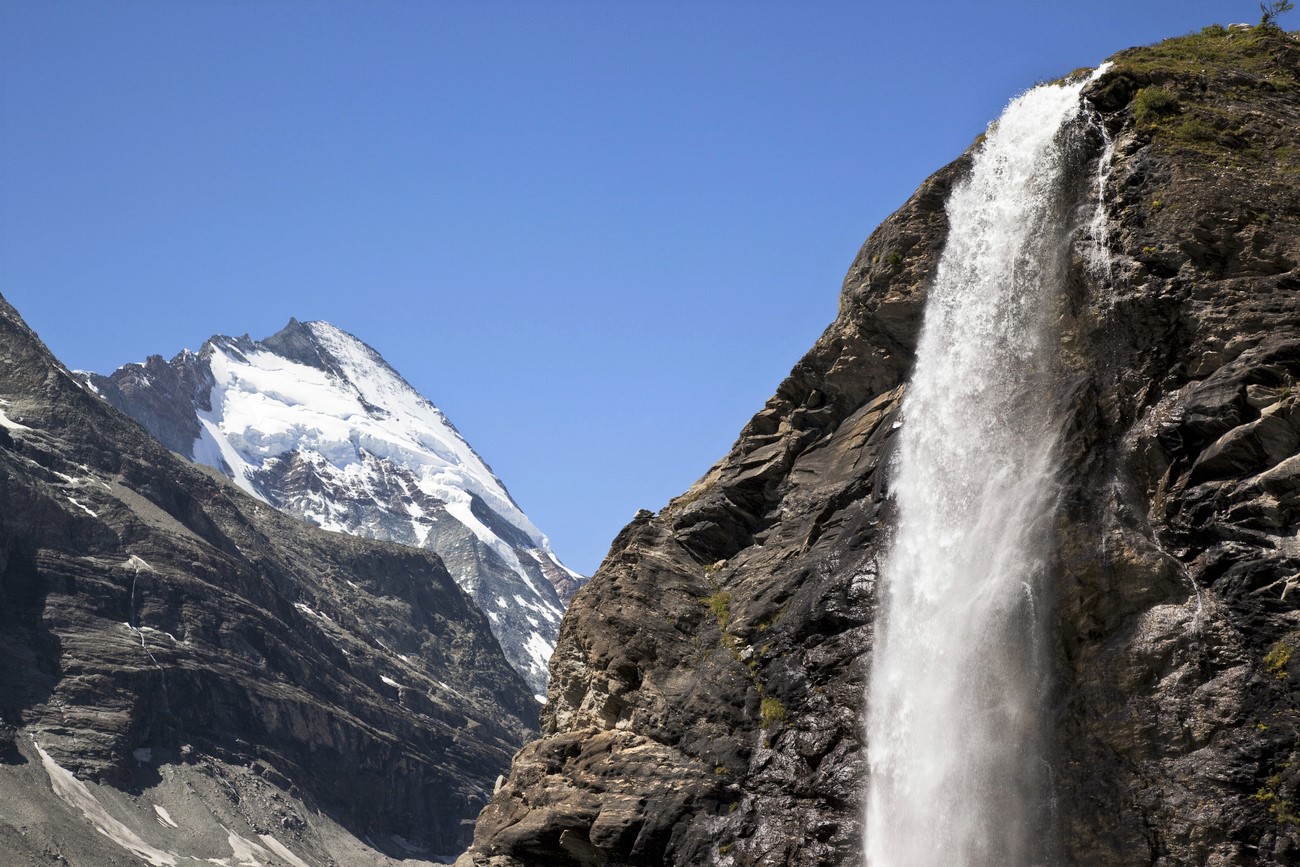
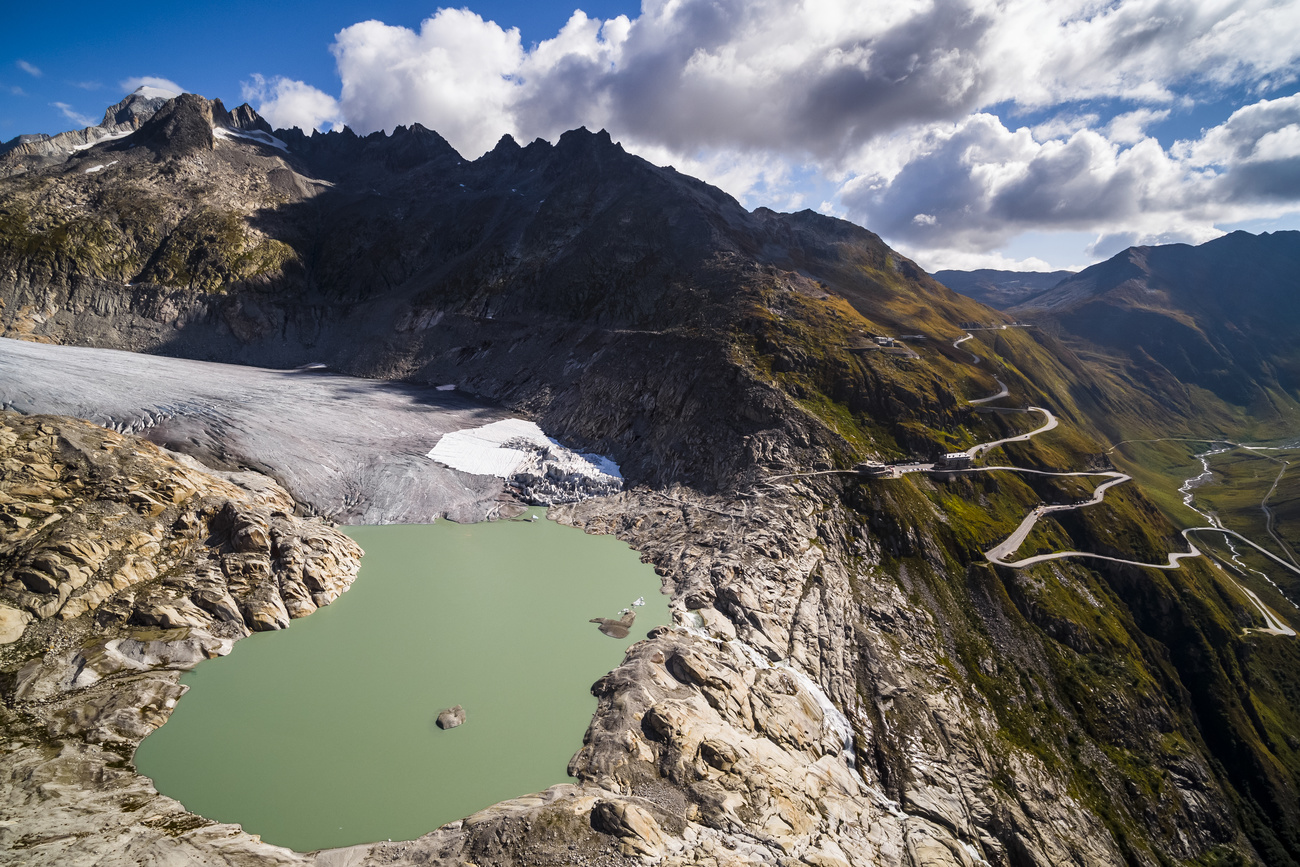
You can find an overview of ongoing debates with our journalists here . Please join us!
If you want to start a conversation about a topic raised in this article or want to report factual errors, email us at english@swissinfo.ch.